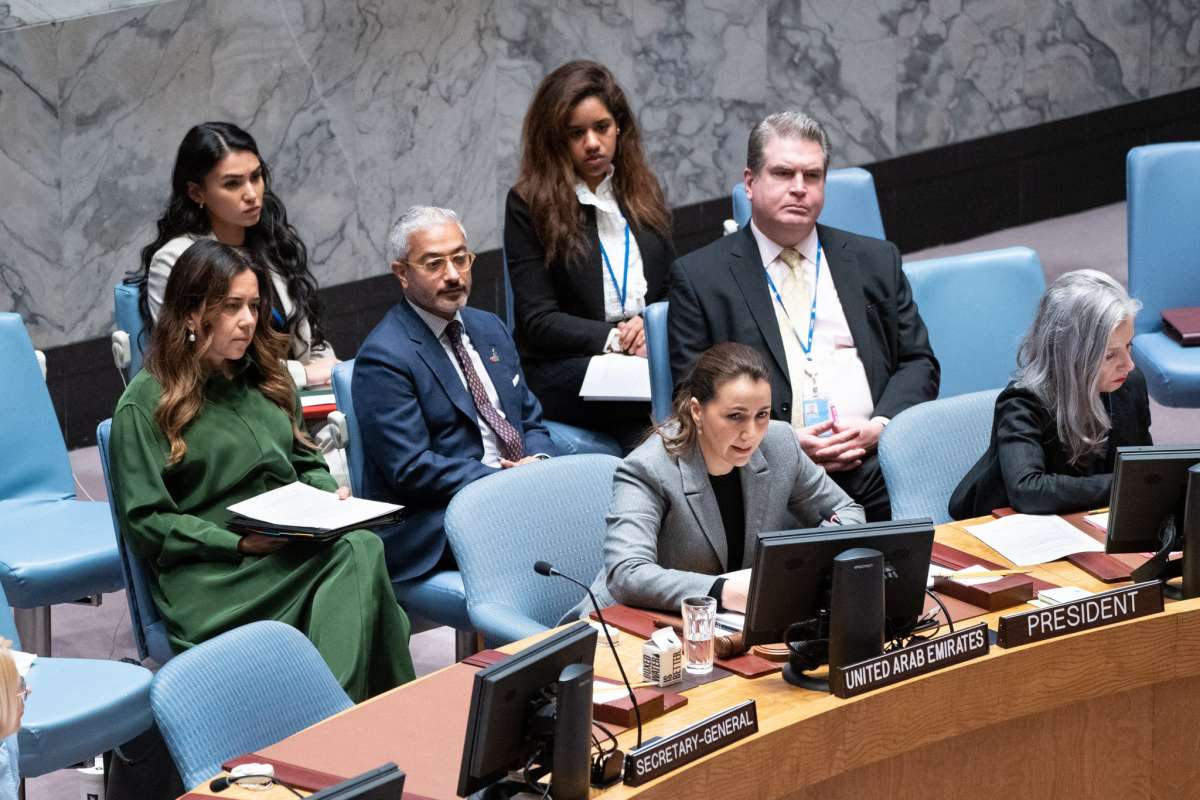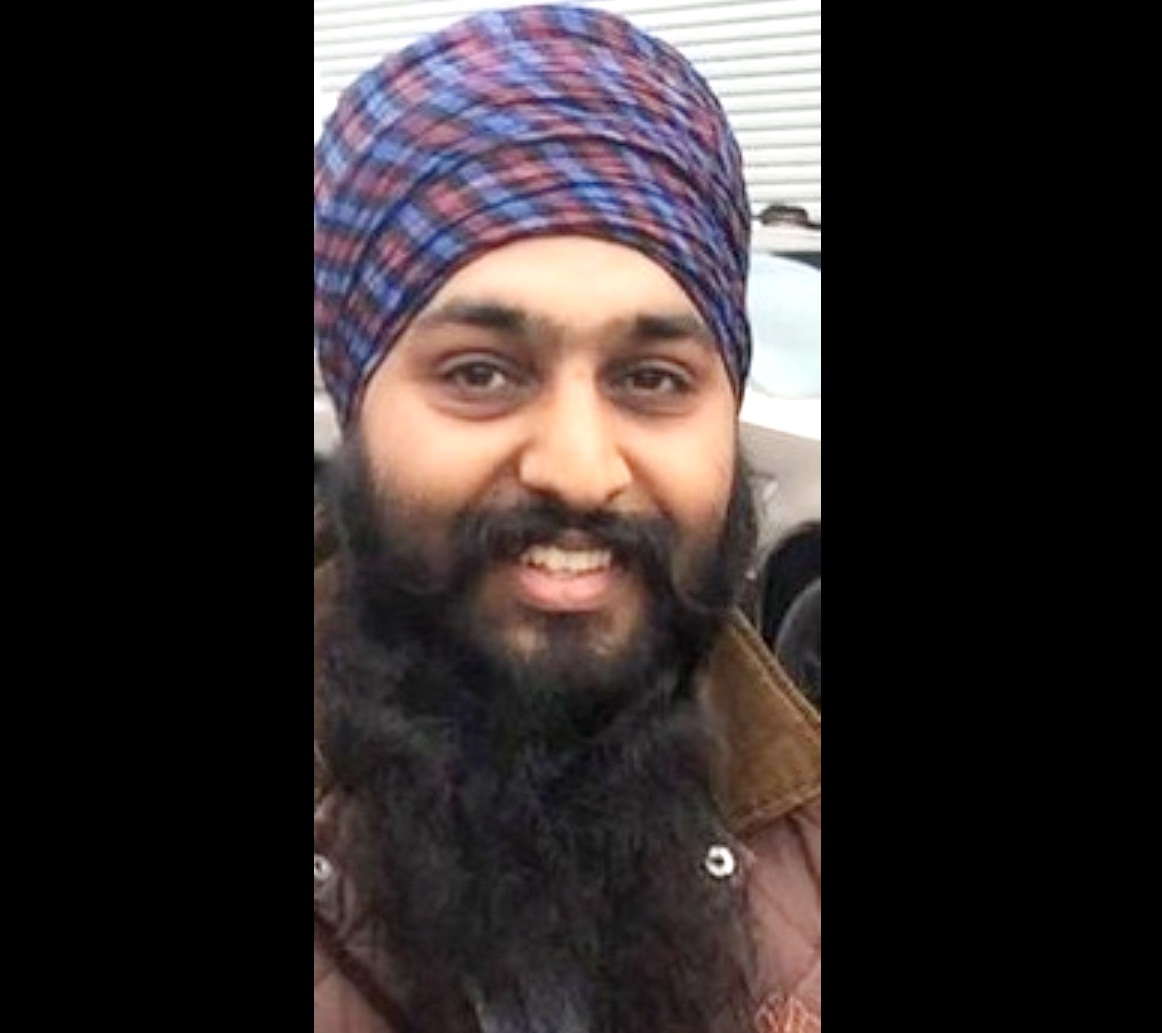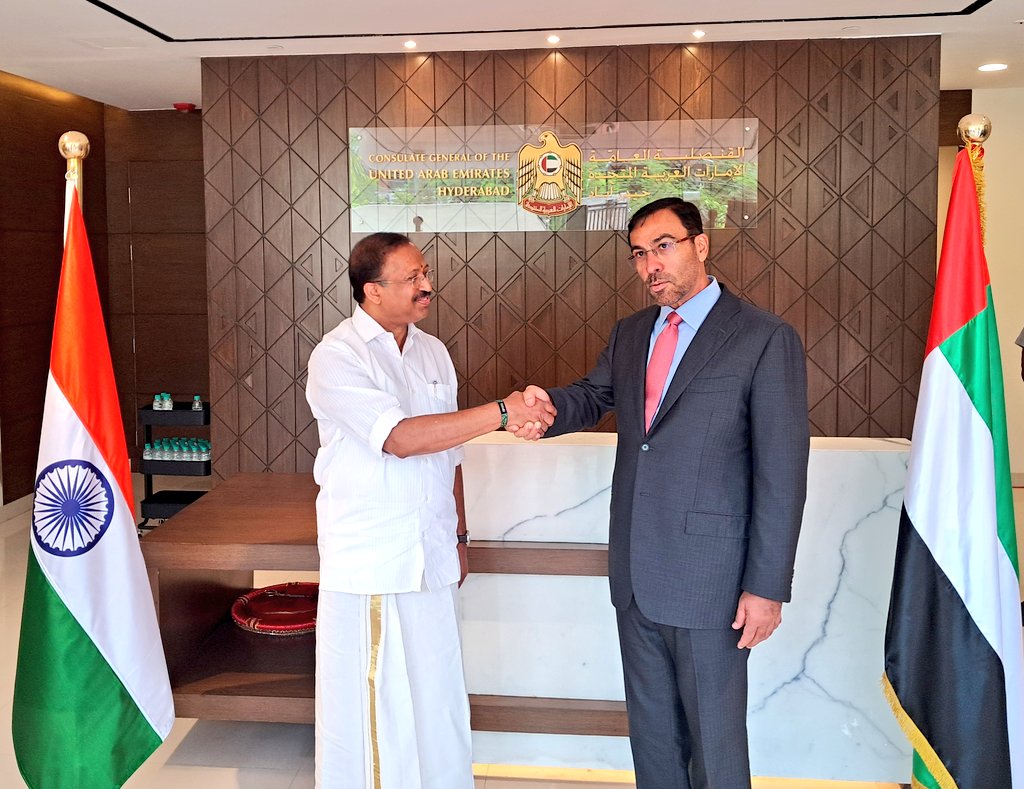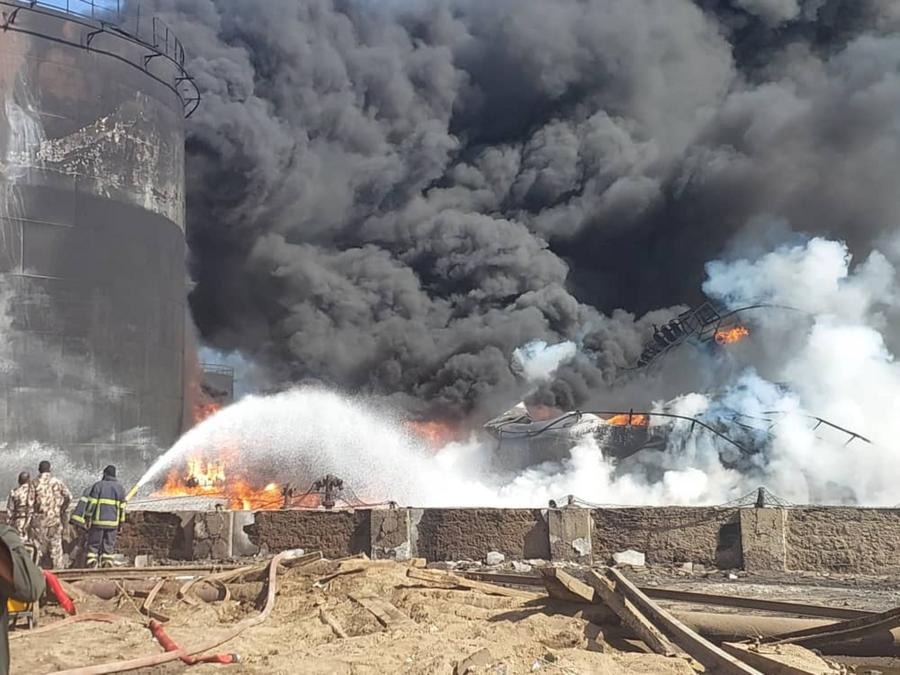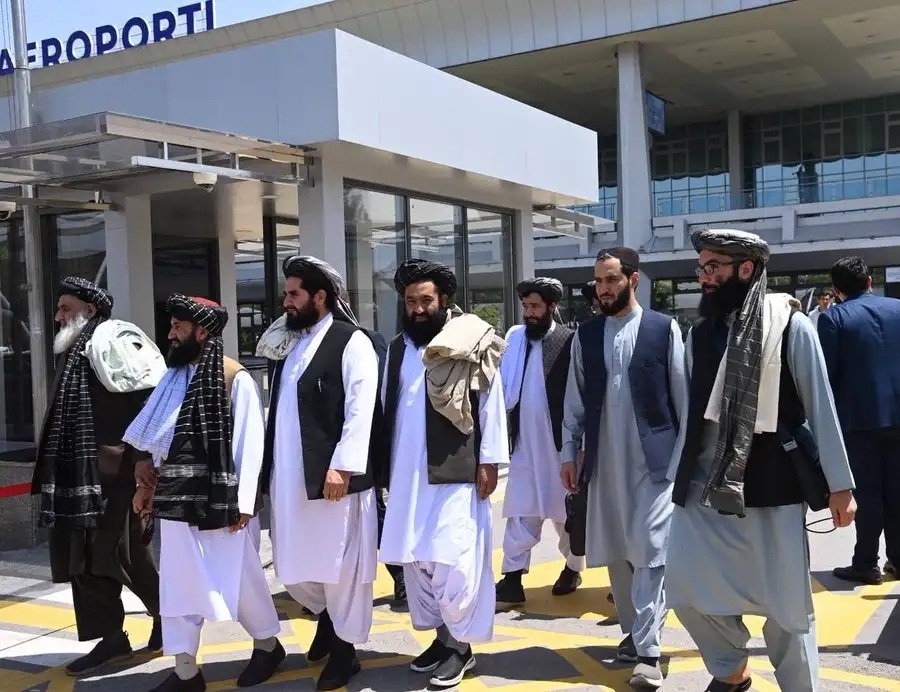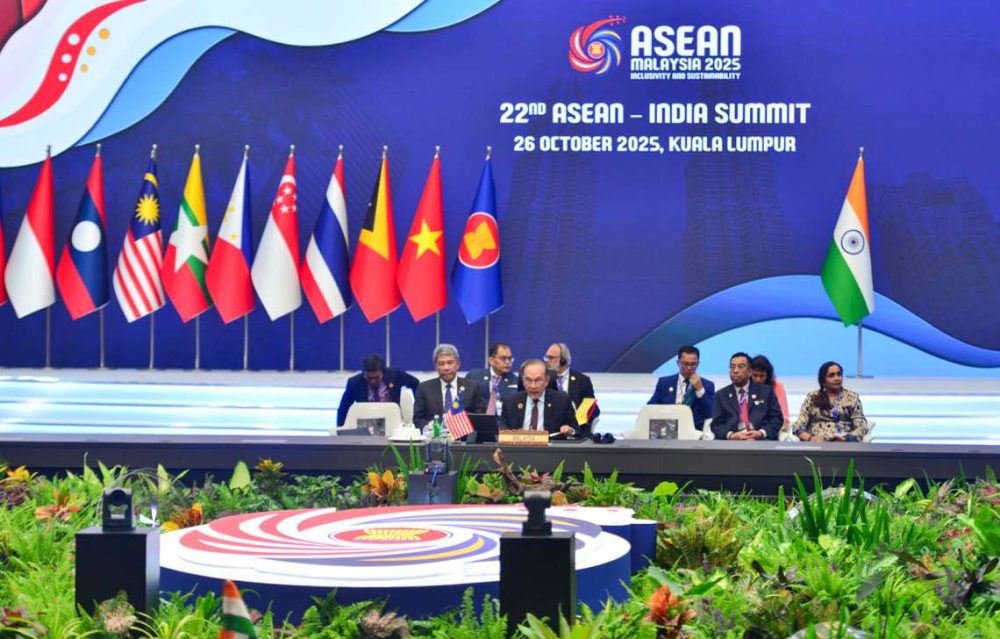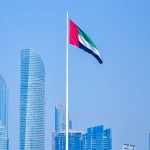UAE convenes UN Security Council Open Debate emphasising linkages between climate change, international peace and security….reports Asian Lite News
The UAE has called for collaborative and responsive approaches to address the interplay between climate change and international peace and security, at a United Nations Security Council ministerial open debate on Climate Change, Peace and Security organised by the Presidency.
The open debate, held under the agenda item “Threats to International Peace and Security,” was a signature event of the UAE’s presidency of the UN Security Council for the month of June and was chaired by UAE Minister of Climate Change & Environment Mariam bint Mohammed Almheiri.
During the meeting, the Council received briefings from Juan Manuel Santos, Former President of Colombia, Nobel Peace Laureate, and Member of The Elders; Jean-Pierre Lacroix, UN Under-Secretary-General for Peace Operations; and Salma Kadry, Climate, Peace and Security Specialist at the Consortium on International Agricultural Research (CGIAR).
In her statement on behalf of the UAE, Minister Almheiri underscored that “the threat of climate change as a ‘risk multiplier’ is no longer a hypothetical scenario. It is a daily lived reality in various conflict settings around the world.”
Almheiri reviewed the impacts of climate change on peace and security in various settings on the Council’s agenda, including Somalia, Iraq, and South Sudan.
She called on the Security Council to embrace “innovative attempts to better understand and address the interplay between climate change, peace and security.” She added, “the Council must approach conflict through a climate-sensitive lens. We must strengthen the capacity and mandates of relevant peace operations to incorporate climate change in their risk mitigation and adaptation strategies, as well as efforts in conflict prevention and resolution.”
Minister Almheiri also referred to the UAE’s plans, as the upcoming host of the Conference of the Parties to the UN Framework Convention on Climate Change (COP28), to introduce a “Relief, Recovery, and Peace” Day, adding “this is the first of its kind at any COP, and its purpose is to highlight the intersection of climate change, peace, and security – and propose practical solutions to prevent and address the climate burden on stability.”
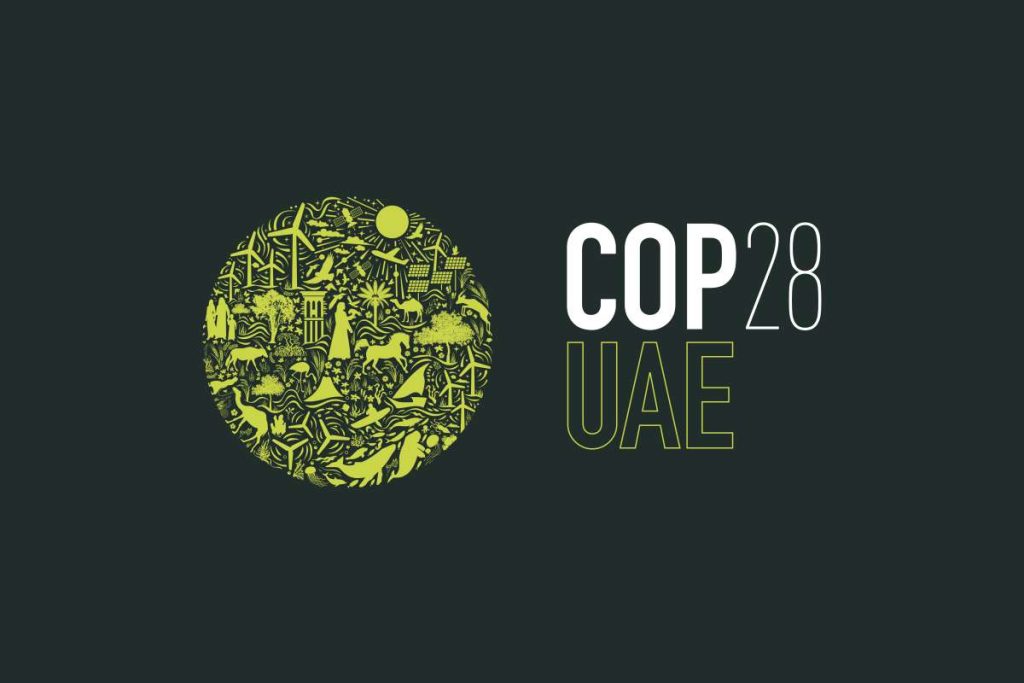
According to her, the COP28 agenda is an ambitious response to the acute shortage of climate finance that is accessible – at a reasonable and sufficient cost – particularly for countries and communities experiencing humanitarian and security crises, in some cases receiving up to 80 times less per capita than other countries, which already receive inadequate flows.
“Now is the time to reveal how these three axes interact and understand the common points between them, in addition to highlighting the role that the international community can play and the cooperation mechanism to build healthy, more prosperous and climate-resilient societies.” She added.
Briefing the Council, former President Santos commended “the wise decision by the UAE – as COP28 host – to put climate, peace and security on the agenda.”
He urged the Security Council to play its part, stating “there is much the Council could do to integrate climate more effectively into UN operations on the ground, building on the work of the Informal Expert Group. This includes having more climate and security advisors attached to peacekeeping missions and using climate forecasting as part of the UN’s prevention toolkits to anticipate and mitigate risk in fragile contexts.”
Speakers further explored the impact of climate change in the context of the UN’s missions and discussed ways to enhance conflict prevention, peacebuilding initiatives, and resilience.
Under-Secretary-General Lacroix described ongoing efforts to address the issue in the work of UN field missions, including through building “the capacity of our peace operations to anticipate and address the linkages between climate change, peace and security.”
Under-Secretary-General Lacroix also reviewed the Secretary-General’s Peacebuilding Fund’s investments in “more than 70 climate-informed peacebuilding projects implemented by 21 different entities around the world, particularly in West Africa and the Sahel.”
For her part, Kadry outlined to the Security Council the Arab region’s vulnerabilities to the interplay of climate change and peace and security. She emphasised the destabilising effects of climate change on social contracts, the role of conflict in undermining climate resilience, and the unintended consequences of global processes, including the energy transition.
The UAE recently assumed the rotating presidency of the Security Council for June 2023. During its presidency and throughout its Council term, the UAE has committed to elevating the multidimensional challenge of climate change, including in Council products and by launching the Joint Pledges related to Climate, Peace and Security.
The country serves as a Co-Chair of the Informal Expert Group of Members of the Security Council on Climate, Peace and Security and will host the 28th Conference of the Parties to the UN Framework Convention on Climate Change (COP28) in November 2023.


